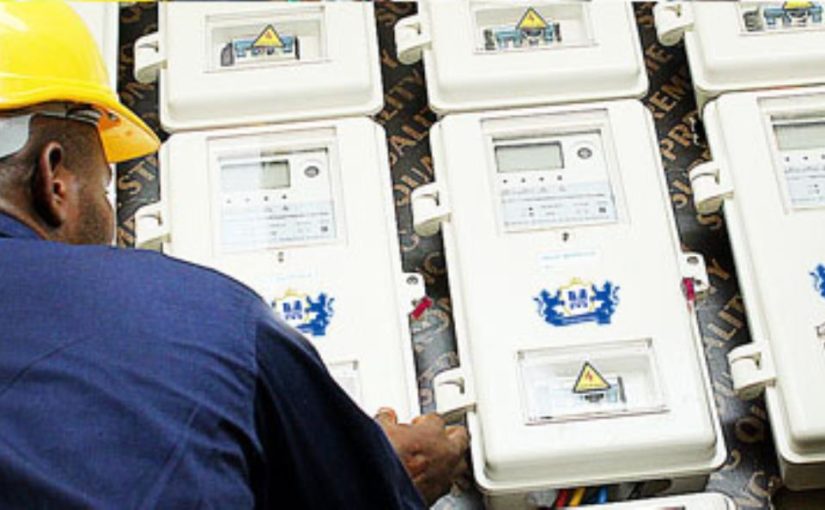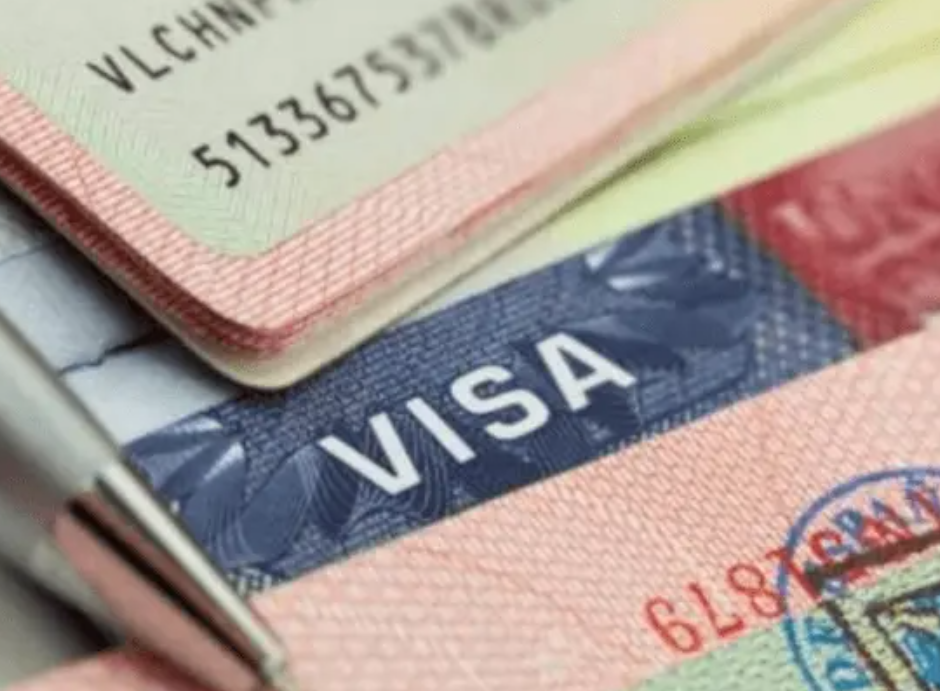On Wednesday, the Federal Government made an announcement regarding an increase in the prices of single-phase and three-phase pre-paid electricity meters, with the new rates set to take effect from September 6, 2023. This announcement was conveyed through an official order issued by the Nigerian Electricity Regulatory Commission (NERC) under the reference number NERC/2023/020. The order was jointly signed by Sanusi Garba, the Chairman of the commission, and Dafe Akpeneye, the Commissioner responsible for Legal, Licensing, and Compliance.
According to the order, the government specified that the price of a single-phase meter would be adjusted to N81,975.16k, up from its previous cost of N58,661.69k, while the price of a three-phase meter would increase to N143,836.10k from N109,684.36k.
However, this decision faced opposition from power consumers who questioned why the Federal Government continued to raise the costs of various commodities within Nigeria's energy sector.
In response to the criticism, NERC explained that the price adjustments were made to ensure a fair and reasonable pricing structure for meters, benefiting both Meter Asset Providers (MAPs) and end-use customers. The aim was to enable MAPs to recover reasonable costs associated with meter procurement and maintenance while maintaining a viable return on investment.
NERC also emphasized the importance of making meter services affordable for consumers and preventing excessive pricing that could burden end-users. This move was seen as critical for closing the metering gap for end-use customers, which was fundamental for the financial sustainability of the Nigeria Electricity Supply Industry, ensuring revenue assurance for both utilities and end-use customers.
Furthermore, NERC pointed out that the changes in macroeconomic indicators, such as inflation and foreign exchange rates, had necessitated a review of the regulated rates for MAP meters.
Meanwhile, the commission clarified that the costs of single-phase and three-phase meters for MAPs, including installation and warranty expenses, would remain at the rates approved by NERC. These approved meter prices did not include Value Added Tax but did encompass the revised Nigerian Electricity Management Services Agency sealing cost.
The sealing cost for a single-phase meter was set at N842.80 per unit, while for a three-phase meter, it was N1,100.80 per unit.
NERC instructed all MAPs to adjust their prices in accordance with the approved rates and supply meters previously paid for by end-use customers at the prevailing rate when the customers made their payments, without any additional cost increase.
Additionally, the commission mandated all Distribution Companies (Discos) and MAPs to conduct customer enlightenment campaigns on the price review and provide schedules for the implementation of their meter rollout plans. They were also required to submit monthly sales and meter installation reports to the commission.
In response to the price hike, power consumers expressed their opposition, urging the government to consider the challenges faced by Nigerians and reconsider the increase. They believed that the pressure from Meter Asset Providers led to this decision, as some MAPs had threatened to withdraw from meter provision if equipment costs remained unchanged. Consumers highlighted the escalating costs of various energy sector products, including fuel, diesel, and meter prices, as major concerns.



